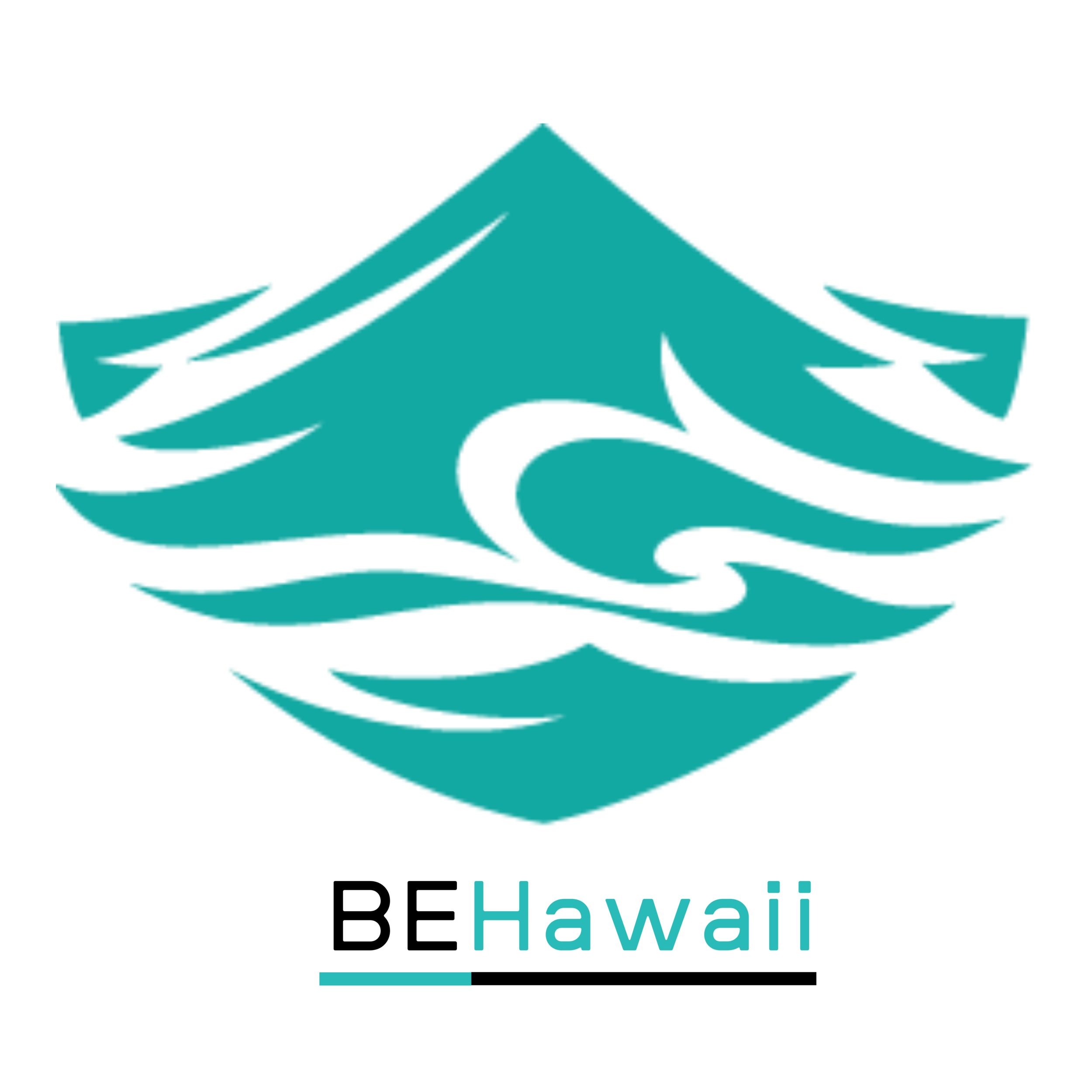SUSTAINING HAWAIʻI’S PEOPLE REQUIRES A FOCUSED EFFORT
Hawaiians believe in lōkahi, the unity of God (Akua), man (kānaka), and nature (ʻāina), connected and interdependent on their relationship with each other in harmony. While many people today are focused on sustaining the earth’s natural resources such as air, water, land, and sea, nurturing and growing human resources through music, culture and training brings much-needed balance back to our system.
Without the continued development of human capacity and education, our society is unable to sustain natural resources successfully.
“…development of human capital is the critical determinant of long-term sustainability and that efforts to accelerate the evolution of human consciousness and emergence of mentally self-conscious individuals will be the most effective approach for ensuring a sustainable future. Education is the primary lever. Human choice matters.”1 The author “views conscious, evolving human beings as the pivotal determinant of sustainable development. It concludes that sustainability can best be achieved by giving primacy to the human choice, and the evolution of human consciousness.”2
In Hawaiian terms, the kānaka and the ʻāina exist in harmony together.
1 Ivo Šlaus and Garry Jacobs, "Human Capital And Sustainability", Sustainability 3, no. 1 (2011): 97-154, doi:10.3390/su3010097.
2 Ivo Šlaus and Garry Jacobs, "Human Capital And Sustainability", Sustainability 3, no. 1 (2011): 97-154, doi:10.3390/su3010097.
SUSTAINABILITY REQUIRES OPPORTUNITIES, MENTORING, LEADERSHIP, TRAINING AND ENGAGEMENT
Human capital is defined as the intangible collective resources possessed by individuals and groups within a given population. These resources include all the knowledge, talents, skills, abilities, experience, intelligence, training, judgment, and wisdom possessed individually and collectively, the cumulative total of which represents a form of wealth available to organizations, communities, and nations to accomplish their goals.3
The means for nurturing, growing, and sustaining human capital is through opportunities, mentoring, leadership, training and engagement. These pursuits build knowledge, talents, skills, abilities, experience, intelligence, judgment, wisdom, and trust, individually and collectively.
BEHawaii believes in the ability and power of people, organizations, and communities to innovate and to build on their assets through a systems-thinking approach to human capital sustainability. “Systems thinking is widely believed to be critical in handling the complexity facing the world in the coming decades; however, it still resides in the educational margins.”4
3 "Human Capital | Economics". Encyclopedia Britannica, Last modified 2020. https://www.britannica.com/topic/human-capital.
4 Computer Science 44 (2015): 669-678, doi:10.1016/j.procs.2015.03.050.
SUSTAINABILITY IN HAWAIʻI IS UNIQUE
Hawaiʻi is unique and requires a Hawaiian approach to human capital sustainability, training, mentoring, leadership, and engagement. BEHawaiʻi’s foundation is ʻIke Kūpuna (elder wisdom) and Dr. Betty Jenkins’ 4 B’s. Understanding and practicing the 4 Bʻs is vitally important in all of BEHawaiʻiʻs programs and pursuits.
Believe - Nā Waiwai Hawaiʻi in a foundation of Hawaiian values
Behave - Ka Hana ʻIke in a manner to practice Nā Waiwai Hawaiʻi
Belong - Ke Ola Hawaiʻi to a group, organization or family reflecting kūpuna wisdom and aloha
Become - He Hawaiʻi Au Kākou in pono and lōkahi - righteous and balanced
BEHawaiʻiʻs programs will serve all people, regardless of race, religion, color, sex, gender identity, sexual orientation, age, non-disqualifying physical or mental disability, national origin, veteran status or any other basis covered by appropriate law, for the betterment of the State, the Lāhui and beyond.
People in Hawaiʻi and beyond need opportunities for training, mentoring, leadership, and engagement. “The loss of a talented workforce is a loss in the States’ economic, political, social, and cultural potential. Consequences include a loss of innovation and thus, a shortage of skilled workers and future entrepreneurs; loss of tax revenue; and decreased confidence in the economy.”5
5 Sites.Google.Com, Last modified 2020. https://sites.google.com/ksbe.edu/wellbeing2018/migration.







